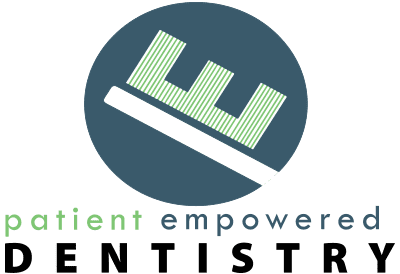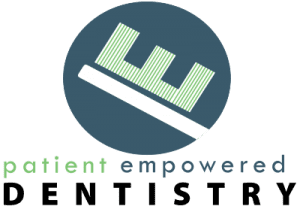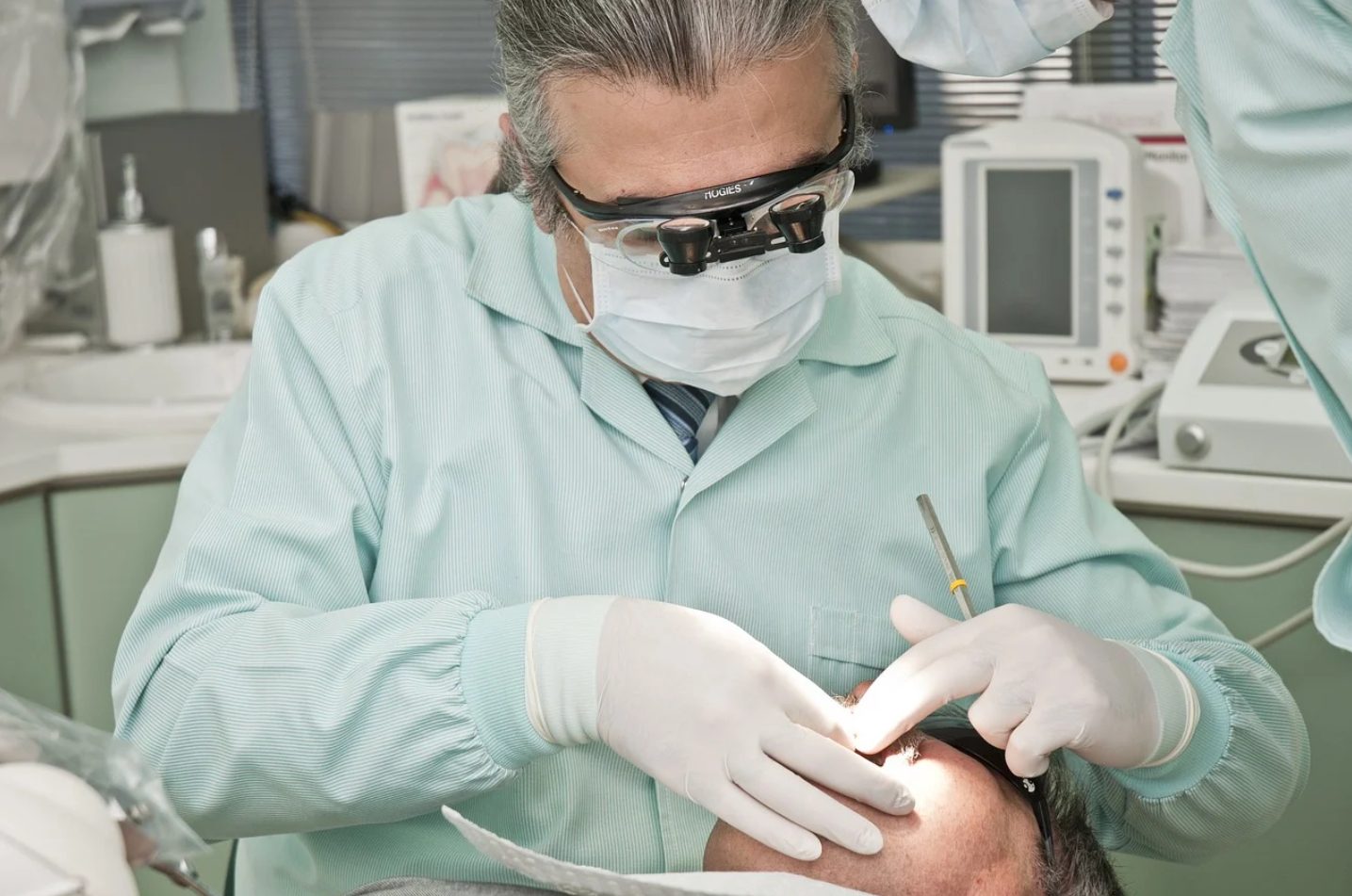What are dental emergencies?
Many of us associate going to the dentist with having a quick check-up, but dentists are on hand to provide emergency treatment, as well as routine, preventative services. Dental emergencies can result from accidents and trauma, playing sports, fighting and innocuous accidents like slips and trips. If you damage your teeth, your mouth is bleeding, or you develop intense pain, it’s important to seek expert help. Examples of common dental emergencies include:
- Facial and dental injuries caused by trauma: traumatic incidents, such as falls and car accidents, can cause extensive damage to the mouth. If the mouth is bleeding excessively, teeth have been broken or knocked out, or there are signs of damage to the jaw, it is crucial to seek urgent assistance.
- Knocked-out tooth: if a tooth is knocked clean out, it may be possible to save the tooth by reinserting it into the socket. If you don’t feel comfortable trying to do this yourself, hold the tooth by the crown or place it in a glass of milk or water and look for an emergency dentist in the area. The sooner you can get help, the higher the chances of salvaging the tooth. Tooth avulsion is most common in sports players and children.
- Severe oral pain: dental pain can be excruciating, particularly when it is caused by trauma or an infection. If you have additional symptoms, including a fever, generally feeling unwell and swelling, you may have an abscess. You will need to see a dentist urgently to have the abscess drained and treated.
How can I get emergency dental treatment?
The first step to take if you are registered with a dentist and you need emergency help is to contact your dental office. Dentists usually offer urgent appointments, and they will endeavor to see you as quickly as possible. If you need assistance outside of normal working hours, call the office and listen to the instructions provided. There may be an out of hours service you can use. If you are not currently registered with a dental office, or you’re out of town and you need help, you can use a search engine to locate dentists in your area. Type in the words emergency dentist near me and click on the links to see if you can get through and make an appointment. If you have recently moved, and you haven’t yet got around to becoming a new patient of a local dentist, it’s a good idea to ask neighbors and friends or colleagues for recommendations. They may be able to advise you which office to contact. You can also utilize the American Dental Association’s online tool to locate dentists near you.
Figures from the American Dental Association suggest that more and more people have been visiting hospitals for emergency dental treatment in recent years. You should only attend an Emergency Department if you need urgent care for a severe dental issue. Over 50% of visits were deemed semi-urgent and over 23% were classified as non-urgent. If your condition isn’t serious, contact your dentist. Examples of injuries and symptoms that should be treated in the Emergency Department include uncontrolled bleeding following trauma, severe swelling, which is radiating from the mouth across the face and neck, and traumatic injuries that are affecting vision and contributing to loss of consciousness.
Preventing dental injuries
It is not always possible to prevent accidents and injuries, but there are steps you can take to try and reduce the risk. These include:
- Wearing a mouth guard when playing contact sports, such as football, hockey, boxing and ice hockey. Your dentist can provide you with a custom-made mouth guard, which will fit you perfectly. Mouth guards should be worn by anyone who is playing sports that carry a risk of dental injuries. This includes amateurs and older children and teenagers.
- Wearing a seat belt: whenever you travel by car, it is essential to wear a seat belt to lower the risk of injury if you are involved in a collision. Seat belts save lives.
- Taking good care of your teeth and gums: looking after your teeth and gums will help to make them stronger and more resistant to infection and injury. Maintain a good daily oral hygiene routine, see your dentist for frequent check-ups and eat a healthy, balanced diet.
- Seek advice if you develop dental symptoms: oral pain and infections often develop as a result of leaving issues untreated. If you spot blood when you brush, or you have a toothache that is persistent or getting worse, schedule an appointment with your dentist. Treating decay and mild gum disease will reduce the risk of advanced gum disease, oral infections, premature tooth loss and sensitivity.
Summary
If you need urgent dental treatment, don’t hesitate to contact our office. If you’re new to the area, or you need assistance while you’re out of town, search for local emergency dentists online. The sooner you can get help, the better.



